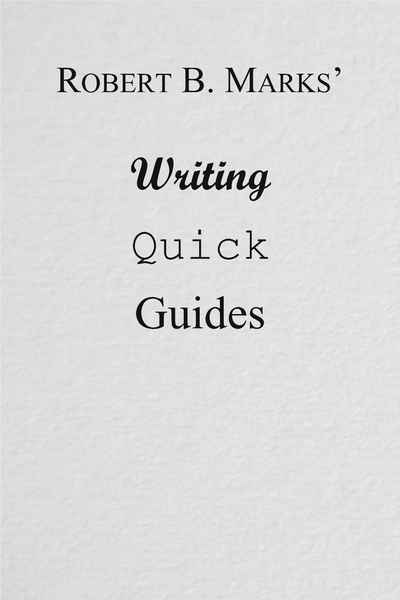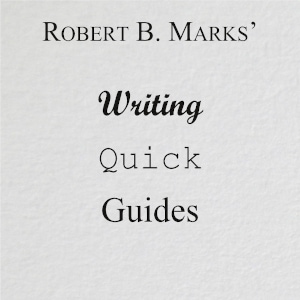There's an old saying about writing: "Write what you know." The thing is that it probably isn't a very good one - it's a bit too easy to misinterpret it to mean that one should only write about those things you have personally experienced (or, to suggest that a writer should stay "in their lane" and not write about characters from other cultures, etc.). Not only is this not true (part of the strength of storytelling is the ability to put the reader - and one's self - into another person's shoes), but, when it comes to a lot of genre fiction, writing only what one has personally experienced becomes a physical impossibility.
Instead, I would suggest an alternate phrase: "Write what you have learned."
Research is an important part of any fiction writing project. As authors, we aim for fidelity - what we write has to seem authentic to the reader. Any mistake we make can pull the reader out of the story, and in a worst-case scenario, discredit the story completely. If, for example, you are writing a war novel in which none of the combat rifles has any recoil, anybody who has ever been around a gun will find your story difficult to take seriously.
That said, there are limits - if you spend all of your time researching every single detail of a setting, you will never get around to actually writing the story. And not only are there times when losing yourself in the details is a detriment, there are even times when you need to fudge the details and deliberately get something wrong.
So, how does this all work?
Let's start by dividing the potential areas of research into two categories:
How things work (societal values, how guns fire, etc.).
What things are (gun calibers, the name of a type of store, etc.).
These categories are not equal in importance. The reader will generally be forgiving if the writer gets details wrong when it comes to what things are. The reader is far less forgiving if the writer gets something wrong about how things work. Nobody is going to take a legal drama seriously if the writer doesn't understand the role of a judge. That said, the reader is far less likely to care if the writer uses the wrong term for a type of testimony.
So, now that you know how to prioritize, how far do you go in the actual research?
The answer amounts to "as far as you need to for the story."
To take an example from my own work, the introductory chapter for Daiki Yamato involves him figuring out that he is in the city of Osaka. All I needed to establish this were some details about what Osaka is known for so that Daiki could notice them. This was done with a Google search and a Wikipedia entry. I didn't need a street layout, or to figure out exactly where Diaki Yamato's house is in the city - if I had tried to describe his exact route from his starting location to his house, I would have bored the reader to tears (thus, figuring this out would have been neat, but also a waste of my time). I did need to know what a house in Osaka looks like, and what a residential street in Osaka looks like, as I had to describe both.
These are all examples of things that I needed to get right. But, there's another side to research when you are writing fiction in the real world, and that's knowing what you need to get wrong.
The problem with fiction set in the real world is that many of the organizations you might be writing about involve real people - people you generally don't want to accidentally smear. For Re:Apotheosis, I did a not small amount of research on the Japanese Self-Defence Force. Much of it was to get things right - Camp Asaka is real, as is the Eastern Army. The rank system is accurate, as are the rules under which they are deployed. But Colonel Hajime Sato is fictional, as is his unit, and I took pains to make certain that I didn't accidentally use a real unit for the story - the reason is simple: bad things are going to happen to this unit in the final battle. Real people, especially when they are not public figures, should be considered off-limits for your story.
(That said, there is some leeway - at the risk of telegraphing a character spoiler, there is a mention of a US Army unit in WW2 called the 42nd Rangers. I picked the name hoping that it was a unit that did not exist in that war. However, nothing bad happens to that unit in the story, and they are a throwaway reference appearing in a couple of scenes, so if it turns out that there really was a 42nd Rangers in the Second World War, their veteran organization is very unlikely to object to my reference to them.)
To sum up: research is important, and you have to make certain that you get how things work right. But, you also need to get the story onto the page, and that means not getting too lost in details that may never even be hinted at to the reader.











Comments (0)
See all